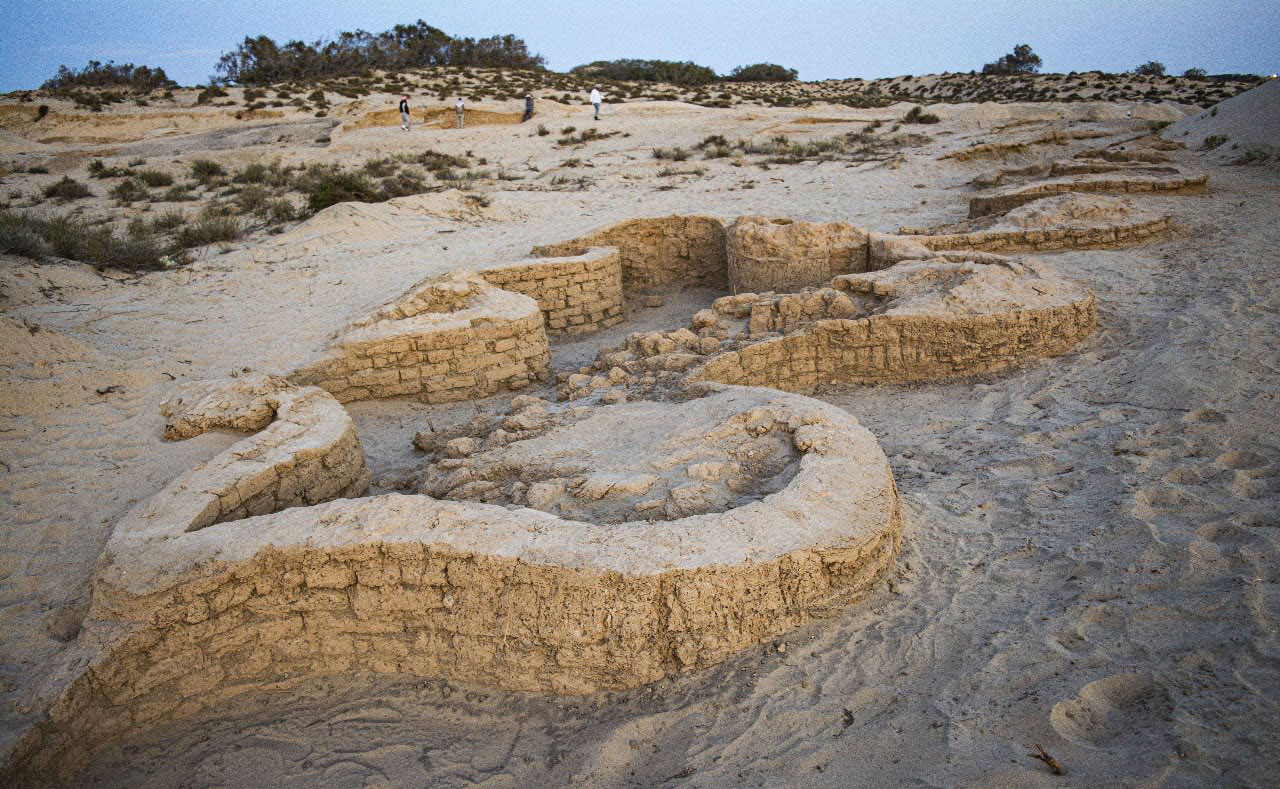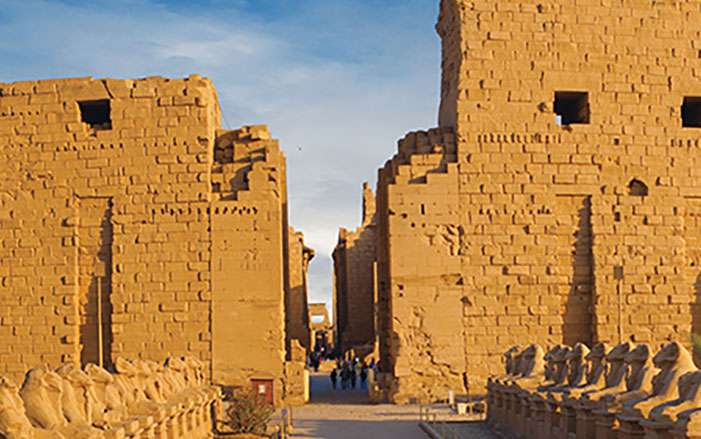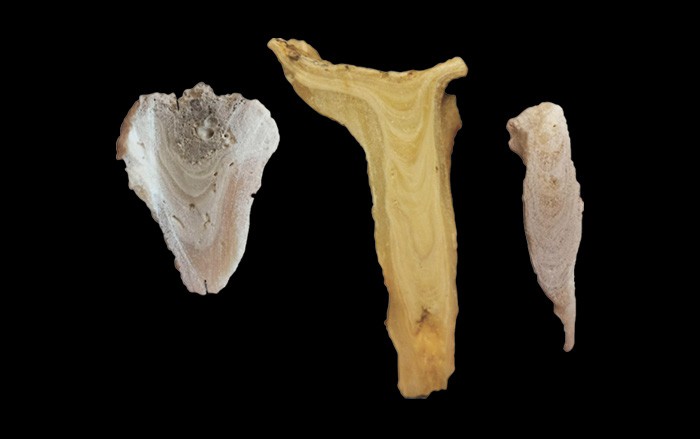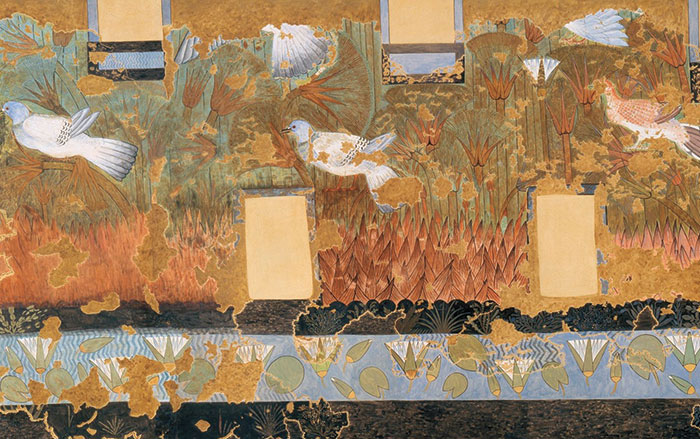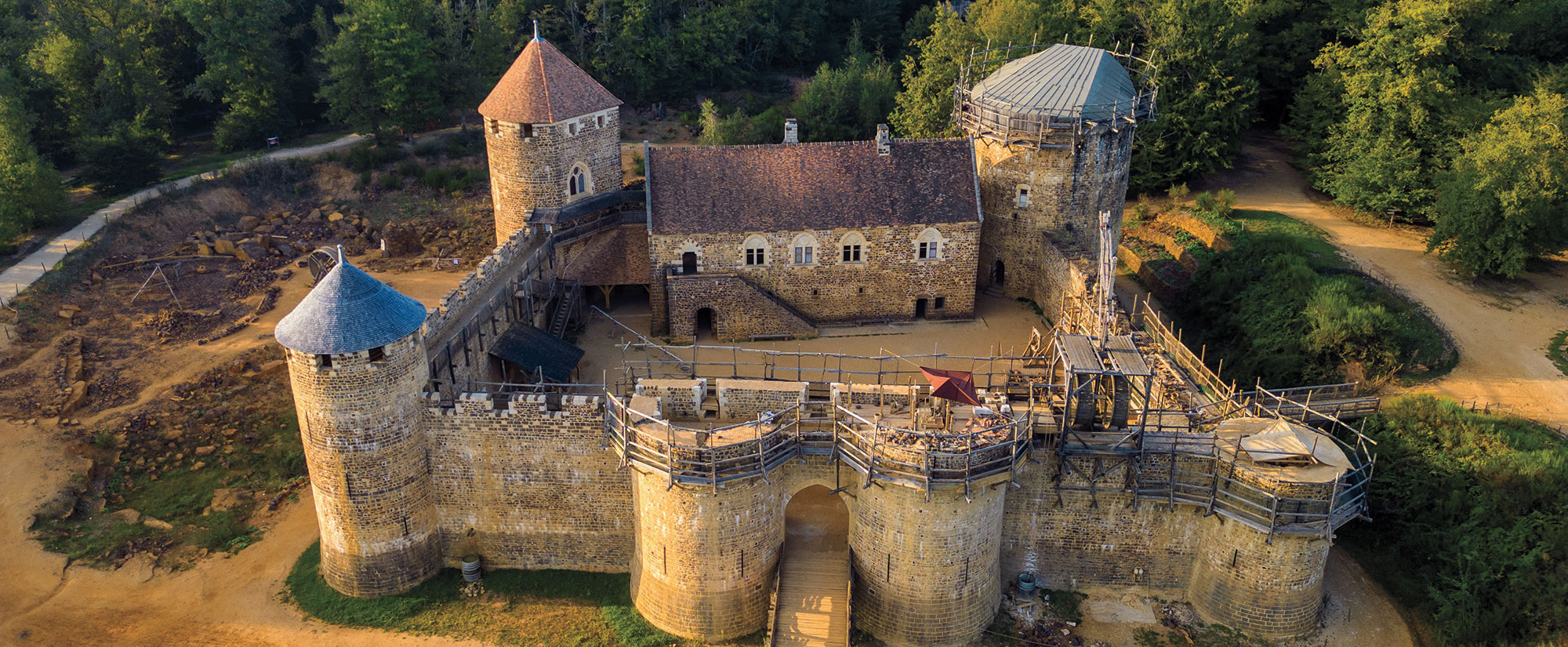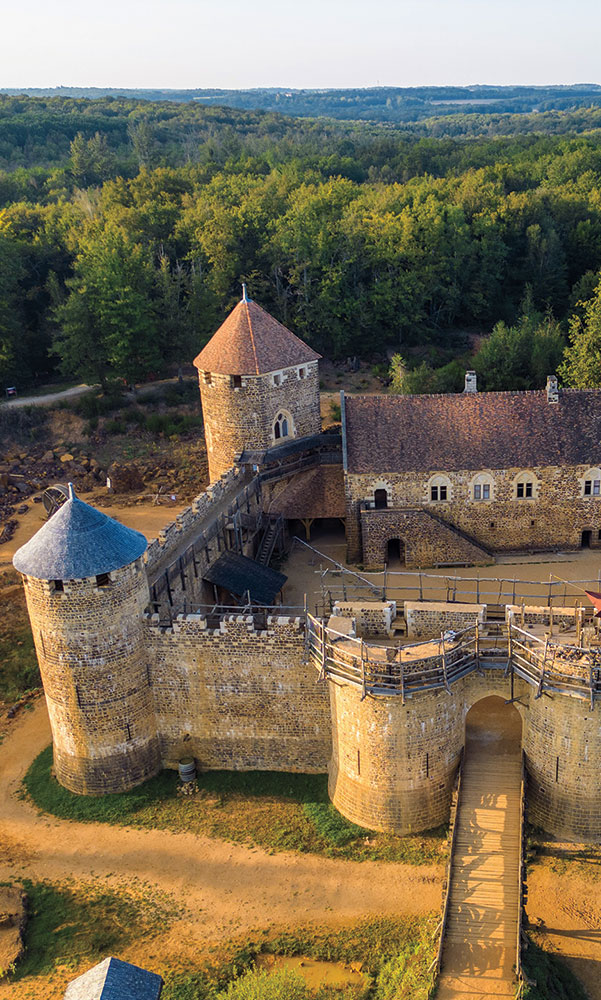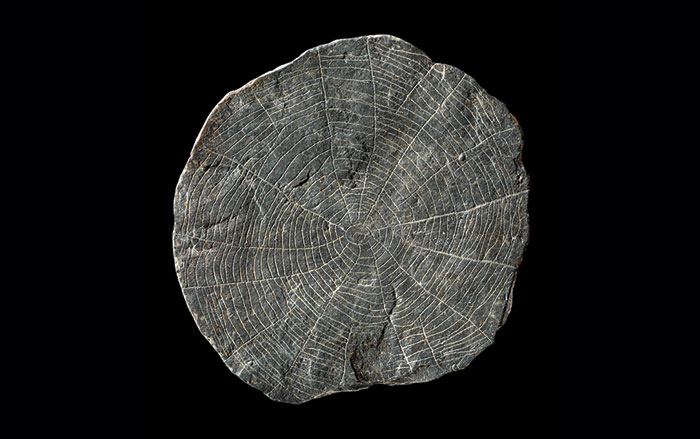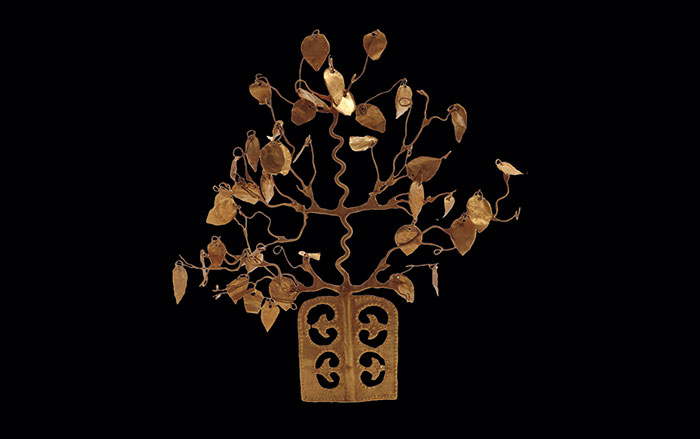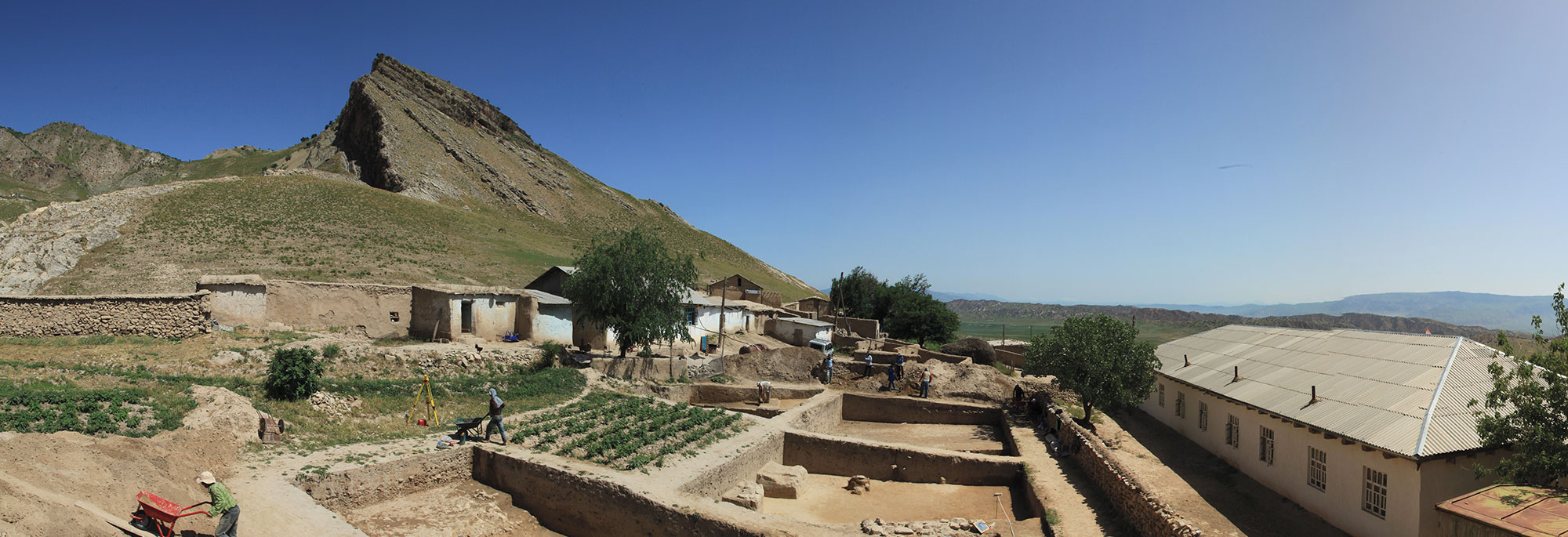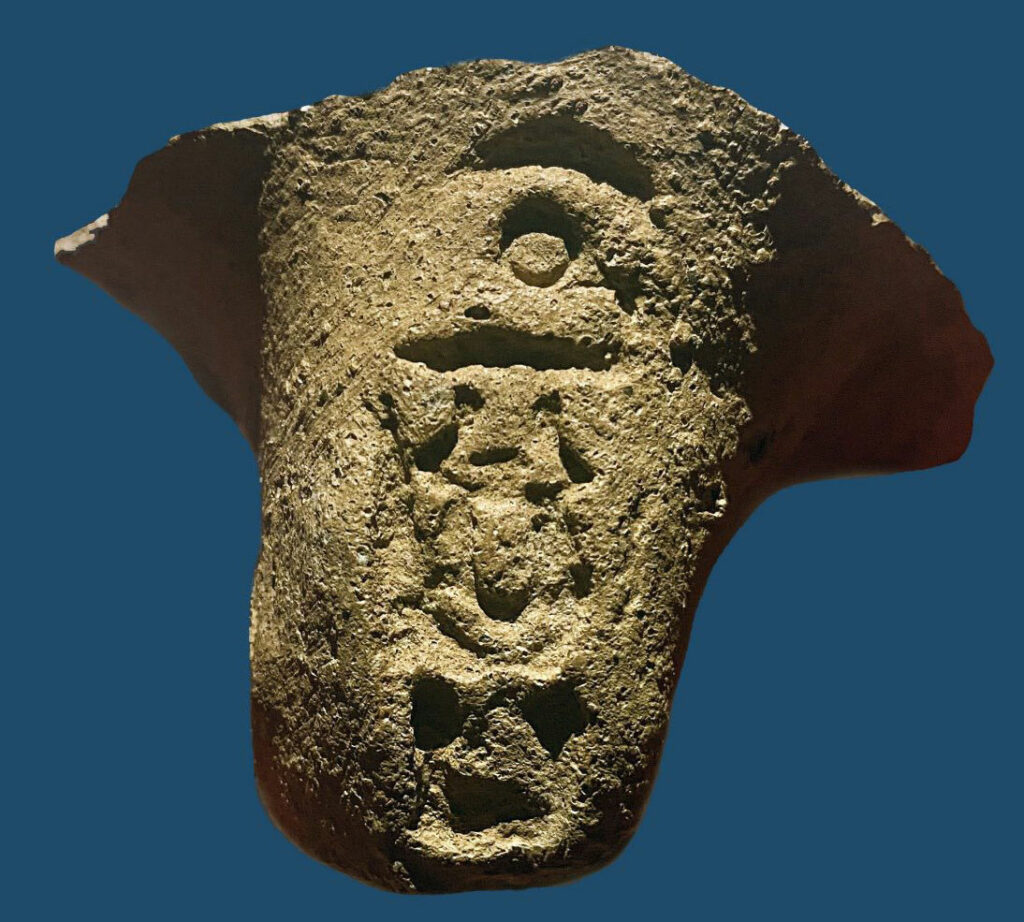
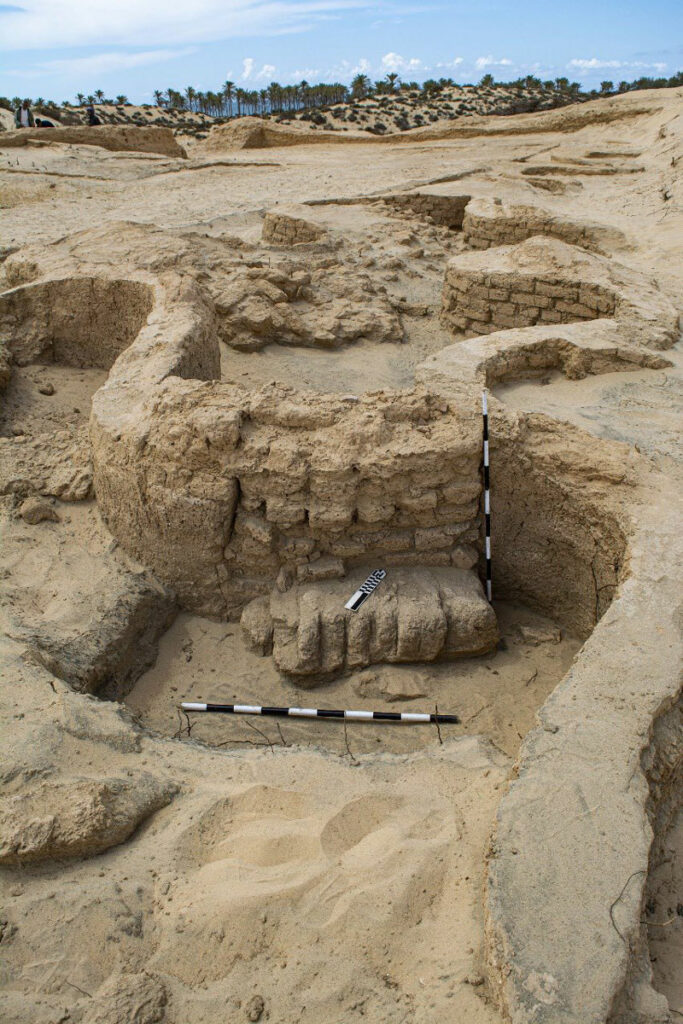
CAIRO, EGYPT—Live Science reports that a 3,500-year-old military fortress covering about two acres has been uncovered at the site of Tell el-Kharouba, which is located in the northern Sinai Desert. Foundation deposits, including pottery stamped with the name of Thutmose I, have been found at some of the structure’s 11 identified towers. Thutmose I, who ruled from about 1504 to 1492 B.C., is known to have expanded Egypt’s empire. This fortress is one of many situated on an ancient military road known as the “Way of Horus” that stretched north along Egypt’s Mediterranean coastline to Canaan. Hesham Hussein of the Egyptian Ministry of Tourism and Antiquities said that there is a wall inside the newly discovered fortress built in a zigzag pattern, which helped to make the wall more stable and resistant to wind and sand erosion. Small ovens and some unbaked bread dough were found outside the structure. “Taking into account storerooms, courtyards, and other facilities, we estimate that the garrison likely ranged between 400 and 700 soldiers, with a reasonable average of around 500 soldiers,” Hussein said. To read about the last Egyptian colony, go to "Egypt's Final Redoubt in Canaan."


